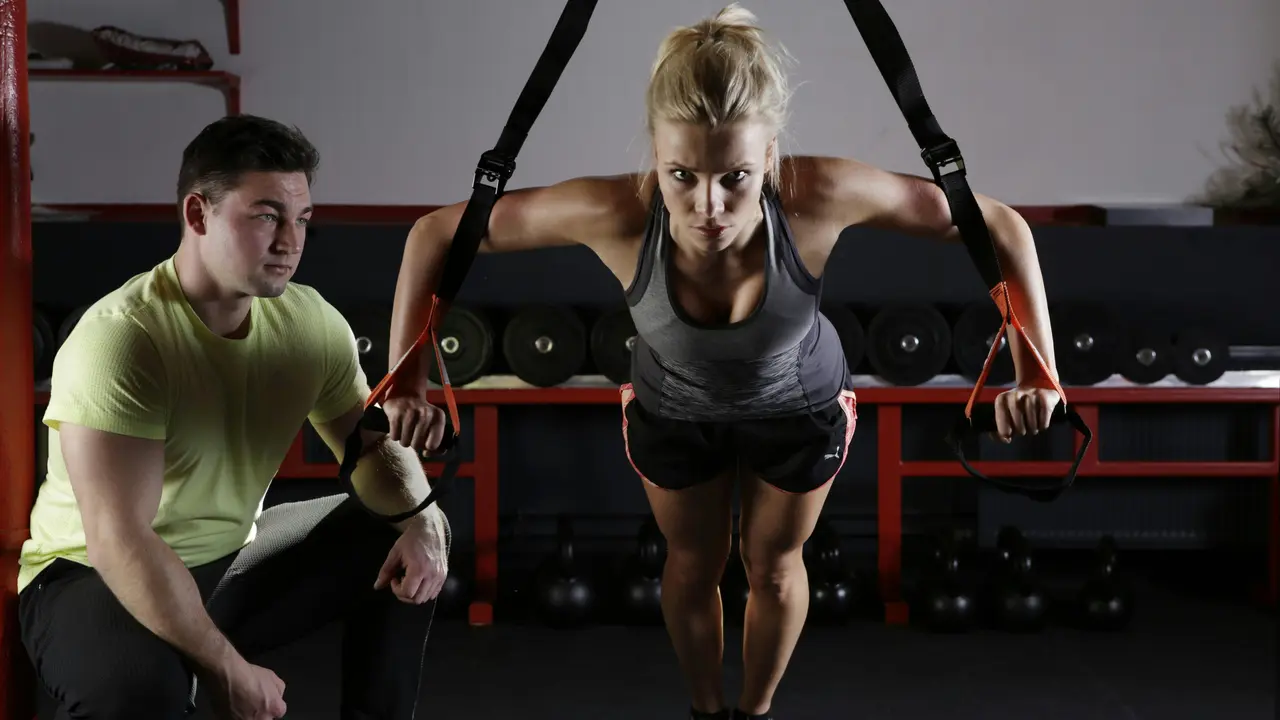Are you wondering, “should I drink coffee before workout?” If you’re looking to boost your performance and make the most out of your exercise routine, coffee might just be the answer. In this article, we’ll explore the various benefits of consuming coffee before hitting the gym and how it can help enhance your workout experience. Join us as we dive into the science behind caffeine and its impact on physical activity!
Understanding the Role of Caffeine in Exercise: Should I Drink Coffee Before Workout?
The Science Behind Caffeine and Performance
Caffeine is a natural stimulant that can enhance both physical and mental performance. When you consume coffee before a workout, the caffeine is absorbed into your bloodstream, leading to several physiological changes that can benefit your exercise regimen:
- Increased adrenaline production
- Improved endurance and reduced perceived exertion
- Enhanced fat oxidation for energy use
- Heightened focus and alertness
Timing: When to Drink Coffee Before Working Out
To reap the benefits of caffeine, timing is crucial. Ideally, you should consume your coffee about 30 to 60 minutes before your workout. This allows sufficient time for the caffeine to enter your bloodstream and exert its effects on your body. However, individual responses may vary, so it’s worth experimenting with timing to find what works best for you.
Benefits of Drinking Coffee Before a Workout
Enhanced Physical Performance
One of the primary reasons to ask yourself “should I drink coffee before workout” is the potential for improved physical performance. Numerous studies indicate that caffeine can increase strength, power, and endurance:
- Increased time to exhaustion during endurance exercises
- Improved sprint performance in short, high-intensity workouts
- Enhanced muscular strength during resistance training
Boosted Metabolism and Fat Loss
Another significant advantage of caffeine is its ability to boost your metabolism. Drinking coffee before a workout can elevate your metabolic rate for up to three hours, helping you burn more calories even after your workout. Additionally, caffeine can enhance fat oxidation, making your body more efficient at using fat as a fuel source during exercise.
Improved Mental Focus
Many athletes and fitness enthusiasts find that coffee provides a mental edge as well. The stimulant properties of caffeine can help to enhance concentration, reduce fatigue, and improve overall mood. This mental boost can be particularly beneficial for those early morning workouts or for tackling challenging training sessions.
Potential Downsides of Consuming Coffee Before a Workout
Possible Side Effects
While coffee can offer numerous benefits, it’s essential to be aware of potential downsides. Some individuals may experience:
- Increased heart rate and blood pressure
- Jitters or restlessness
- Gastrointestinal discomfort
- Insomnia if consumed too close to bedtime
Individual Sensitivity to Caffeine
Everyone metabolizes caffeine differently. Some individuals may be more sensitive and could experience adverse effects even with small amounts. It’s essential to listen to your body and adjust your coffee intake according to your tolerance levels. If you’re unsure, start with a small amount and see how your body reacts.
Alternatives to Coffee for Pre-Workout Caffeine
Other Caffeine Sources
If you’re not a coffee drinker or prefer alternatives, there are several other options to consider that can provide a similar caffeine boost:
- Green tea
- Energy drinks (be cautious of added sugars)
- Caffeinated supplements or gels
Caffeine Timing and Dosage
The appropriate dosage of caffeine can vary, but studies generally suggest an intake of 3-6 mg of caffeine per kilogram of body weight for optimal performance. However, it’s crucial to experiment and find the right amount that works best for you. Overconsumption can lead to negative side effects, so moderation is key.
Final Thoughts: Should I Drink Coffee Before Workout?
In summary, drinking coffee before a workout can provide numerous benefits, including enhanced physical performance, increased metabolism, and improved mental focus. However, individual responses may vary, so it’s vital to listen to your body and pay attention to how caffeine affects you. As you consider your pre-workout routine, don’t hesitate to experiment with different types and timings of caffeine intake. Ready to take your workouts to the next level? Share this article with your fitness friends, and check out our other insightful posts to enhance your health and fitness journey!
Workout – Recent Articles
- Does Pre Workout Burn Fat? Unlock Your Fitness Potential!
- Can You Take Pre Workout and Creatine? Find Out Now!
- Unlocking Speed: What Is a Tempo Run Workout?
- Does Pre Workout Make You Poop? The Truth Revealed!
- Should I Take BCAA Before or After Workout? Find Out Now!
Workout – Useful Links
- CDC – Steps for Getting Started With Physical Activity
- Mayo Clinic – Fitness program: 5 steps to get started
- Healthline – How to Start Exercising: A Beginner’s Guide to Working Out
- Verywell Fit – Strength Training: A Beginner’s Guide to Getting Stronger
- ACE Fitness – Sticking to an Exercise Program: 25 Tips to Achieve Exercise Success
